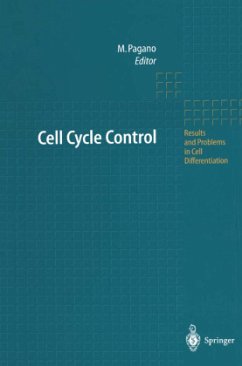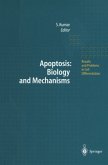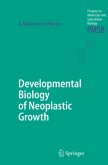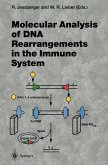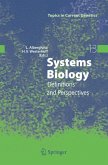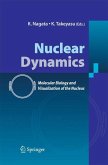Leafing through a journal of biology will almost certainly turn up several arti cles on some aspect of the eukaryotic cell division cycle. The progress in un derstanding the modus operandi of the cell cycle machinery and its central role in controlling cell proliferation has awakened a great deal of interest in many biologists. However, the cell cycle field often seems unnecessarily complicated, perhaps because data are acquired in bits and pieces and almost all simultane ously from studies using different systems and organisms. The aim of this book is to make the background of the cell cycle field as unambiguous and clear as possible by distinguishing what is commonly accepted in the field from what are the unsolved problems. Therefore, this book is intended to serve a large au dience: graduate and postgraduate students, basic and clinical scientists in volved in the study of cell growth, differentiation, senescence, apoptosis, and cancer. My hope is that this book will stimulate further interest in the fascinat ing field of the cell cycle and help scientists find connections between this and their fields of interest. This book brings together experts to review all major aspects of the eukary otic cell division cycle. The cell cycle is a coordinated and highly regulated series of events during which the cell replicates its DNA, and then divides.
Bitte wählen Sie Ihr Anliegen aus.
Rechnungen
Retourenschein anfordern
Bestellstatus
Storno

